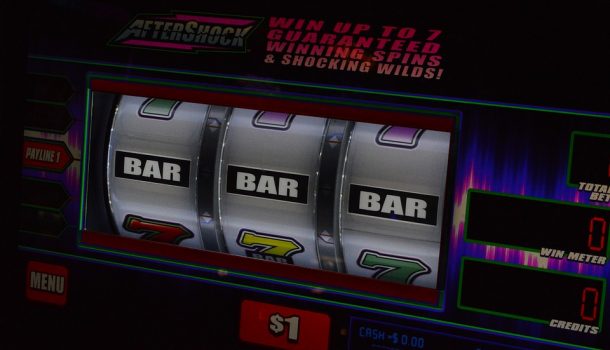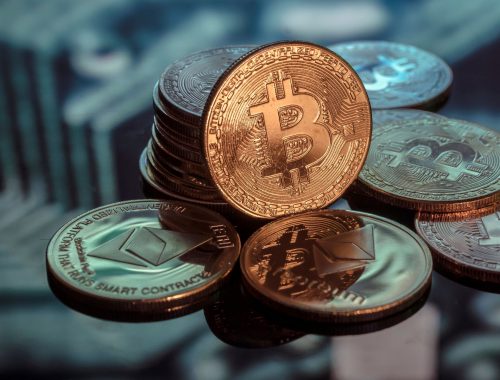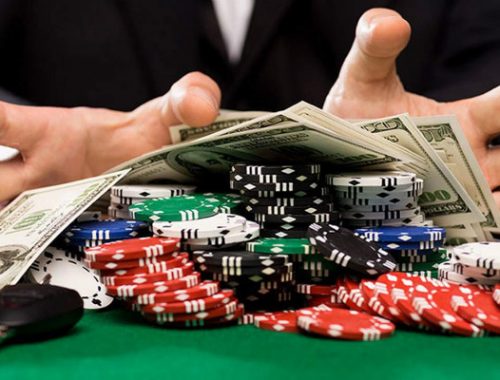The Psychology of Progressive Jackpot Chasing – Strategies and Risks
The psychology of progressive jackpot chasing is a complex interplay of excitement, anticipation, and risk-taking behavior that captivates the minds of individuals seeking the thrill of a potentially life-changing win. Progressive jackpots, commonly found in casino games, lottery systems, and even online slots, function by accumulating a portion of each bet into a centralized pool that continues to grow until someone hits the elusive winning combination. This dynamic nature creates a sense of urgency and excitement among players, fostering a unique psychological environment. One key element driving the pursuit of progressive jackpots is the concept of intermittent reinforcement, a psychological phenomenon where rewards are given at unpredictable intervals. This uncertainty triggers the brain’s reward system, releasing dopamine and heightening the pleasure associated with the experience. As players continue to chase the ever-growing jackpot, the intermittent nature of the rewards reinforces their behavior, creating a powerful psychological hook. The thrill of not knowing when the big win will occur keeps players engaged, even in the face of repeated losses.

Moreover, the mere size of progressive jackpots plays a significant role in attracting players. The prospect of winning a life-altering sum of money taps into deep-seated desires for financial security and a better quality of life. This tantalizing allure prompts individuals to overlook the unfavorable odds and take on greater risks, as the potential reward outweighs the rational assessment of probabilities. The dream of a jackpot win becomes a powerful motivator, often overshadowing the rational realization that the odds of hitting the jackpot are often astronomically low. In the pursuit of these jackpots, server pro thailand players may adopt various strategies to enhance their chances or extend their gameplay. Some may choose to bet larger amounts, believing that a higher stake increases their likelihood of triggering the jackpot. Others may opt for more conservative approaches, wagering smaller amounts in the hope of prolonging their gaming session and increasing the number of attempts at the jackpot. The diversity of these strategies reflects the individual differences in risk tolerance, cognitive biases, and personal beliefs about luck and chance.
However, the psychology of progressive jackpot chasing also brings inherent risks. The excitement and anticipation associated with chasing a jackpot can lead to a phenomenon known as the gambler’s fallacy, where individuals believe that past outcomes influence future probabilities. This misconception can lead to impulsive decision-making and irrational bets as players convince themselves that a jackpot is due to hit based on a perceived pattern. Additionally, the financial and emotional investment in jackpot chasing can contribute to the development of problem gambling behaviors, as individuals may struggle to disengage from the pursuit despite mounting losses. In conclusion, the psychology of progressive jackpot chasing is a fascinating exploration of human behavior, blending elements of risk, reward, and the innate desire for a transformative windfall. As individuals navigate the uncertain landscape of jackpot games, they become entangled in the intricate web of intermittent reinforcement, dreams of financial prosperity, and the inherent risks that accompany the pursuit of elusive jackpots. Understanding the psychological mechanisms at play is crucial for both players and those involved in the design and regulation of games featuring progressive jackpots, as it sheds light on the complex interplay between human psychology and the allure of high-stakes gaming.
You May Also Like

How to Choose the Right Crypto Game?
November 26, 2022
Win the easy games without any disadvantages
January 21, 2022
